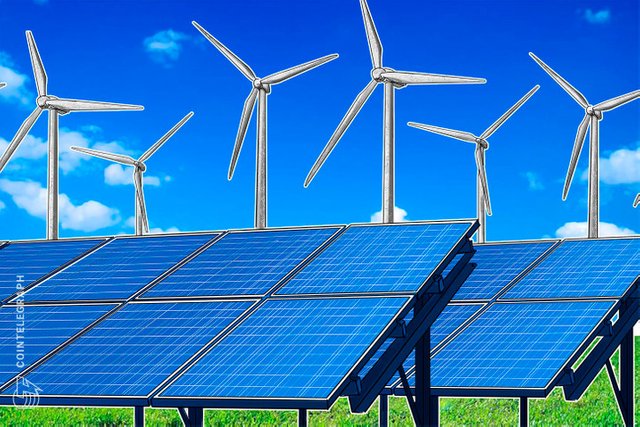Power Ledger Rolls Out Blockchain-Based Solar Energy Trading in Western Australia
Some of the most notable have been popular energy-assessment crowdfunding platforms that track the actual costs of solar projects. Using this data, solar enthusiasts can determine whether solar is a viable option or whether it is costing more than they need to support the project. They can also get an idea of if the installation cost of solar is justified compared with a renewable alternative.
As the benchmark oil futures contract in the United States fell into negative territory this week for the first time in history, blockchain devs have been focusing on greener, sustainable energy projects.
The decentralized database as a whole, of course, isn't exactly new technology – plenty of other investors, including European banks, have tried, in the past, to leverage it to power projects.However, other recent endeavours have also introduced what could potentially make blockchain more appealing to banks and other businesses in the long run, including energy saving and green projects.
Australian blockchain firm Power Ledger has just signed a deal with the largest medium-density residential developer in Perth to roll out its blockchain-based solar energy trading platform for local residents over the next three years.
Power Ledger's distributed energy energy trading platform will allow developers and home owners to share out-of-contract renewable energy generation and storage energy back and forth between the various energy trading partners. The network was launched in 2018.
Power Ledger’s blockchain platform tracks energy consumption and enables users to sell their surplus solar energy to other residents, with the aim of optimizing energy distribution and reducing the costs associated with investment and usage.
The Northern Australia climate change policy is actually being implemented on two separate fronts. On the one hand, the state government will make solar projects cheaper to design, build and connect to the grid. On the other, it's installing energy storage devices to help manage demand during times of surplus. But in the future, the blockchain software powering both the more complex technology — which includes the solar trading platform — and the more diffuse energy storage devices may find their way into a number of other utilities' systems.
Blockchain and its open-source nature have proved the value in distributed ledger technology in a number of industries, including Internet technology. The project's sustainability-focused solution uses blockchain to track residents' consumption of energy by charging them and selling surplus energy from the grid, using a crowdsourcing model.


We can expect a lot more from this company in near future!